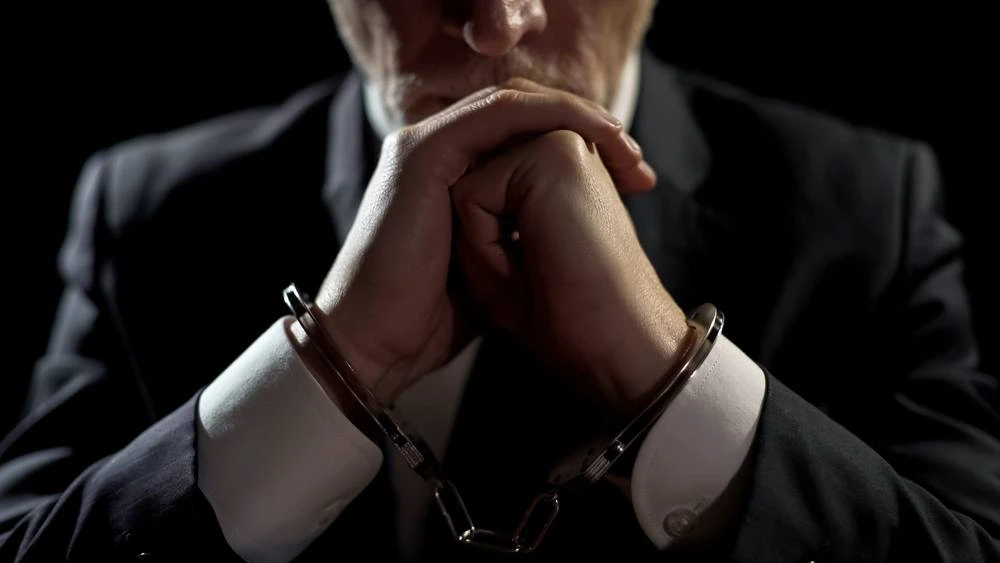You’ve probably heard racketeering invoked in movies and music, and you know that charges sound like they could be severe, but exactly what is racketeering? Racketeering, sometimes called a RICO violation, is a complex federal offense that can be committed in many ways — and for which penaltiescan be extreme.
Racketeering is a term used to describe a range of illegal activities that are carried out by individuals or organizations. It typically involves the use of threats, intimidation, and violence in order to manipulate others for personal gain. The most common form of racketeering is organized crime, where groups engage in illegal activities such as drug trafficking and money laundering.
The Fort Worth RICO attorneys at Sellers Law Firm are here to walk you through what constitutes racketeering, provide some racketeering examples, and talk about the penalties you could be facing if you are convicted on RICO charges.
What are racketeering charges?
First things first, what does it mean to be charged with racketeering? Racketeering is outlined in the 18 U.S. Code § 1961-1968, where the Racketeer Influenced and Corrupt Organizations (RICO) Act is located. Racketeering is essentially a charge for engaging in organized criminal activity or being part of an illegal enterprise committing fraud or other illegal acts for gain.
Racketeering charges can be brought upon an individual for violent or nonviolent crimes, financial crimes, or fraud. The list of activities that count as “racketeering behavior” could essentially be endless, so just remember that whether it’s money laundering or extortion in Texas if it is done illegally as part of an illegitimate organization, it can be considered organized crime. What is an example of a RICO charge?
Because racketeering is such a broad term, it might be helpful to list some examples of what racketeering charges commonly look like. Some of the more common racketeering examples include:
- Fraud
- Bribery
- Extortion
- Counterfeiting
- Drug trafficking or manufacturing
- Money laundering
- Gambling offenses
- Murder
- Obstruction of justice
- Embezzlement
- Witness or evidence tampering
Keep in mind that the meaning of “racketeering activity” has changed significantly over the years, and so too have the crimes that it encompasses. This is intentional statutory language, left vague enough to empower federal prosecutors to severely punish anyone who is believed to be committing organized crime.
What are the Penalties for Racketeering?
Federal racketeering convictions come with a maximum 20-year sentence or a life sentence if the racketeering activity has a maximum penalty that includes it or both.
Additionally, RICO violations often come with incredibly steep fines, sometimes amounting to $250,000 per “racketeering activity.” One convicted of racketeering will also be subject to forfeiture of any interest, security, claim against, or property/contractual rights of any enterprise related to the racketeering.
As you can see, minimum sentences for racketeering will depend on the specific racketeering activity that you are being charged with, but it is not uncommon in organized criminal activity cases to see mandatory minimum sentences of 10 years in prison.
How do you beat a racketeering charge?
Winning racketeering cases is incredibly difficult for a handful of reasons. Primarily because the federal government usually conducts long, exhaustive investigations, gathering as much evidence as possible over the course of years.
A few solid strategies that a good racketeering lawyer should employ when handling any RICO case include:
- Arguing that the pattern of behavior does not constitute organized criminal activity.
- Arguing that the racketeering activity took place independently of membership in any alleged criminal organization.
- Arguing that you weren’t in fact a member of the criminal organization at all.
- Arguing the “single incident rule,” which claims that your racketeering activity was performed with one single incident or goal in mind and that this does not establish a pattern of behavior.
- Arguing that you did not meaningfully operate or manage anything within the criminal enterprise, also called the “operation and management test.”
As you can see, RICO cases are largely about the systemic nature of crime, and disproving the pattern of behavior is key.
While it is possible to beat a RICO charge, you’re going to need the best attorney Fort Worth has to offer if you want to give yourself a chance. Hire RICO lawyers who know how to beat a RICO charge, because if you don’t you can expect to go to prison for a long time.
Beating racketeering charges is possible with the RICO lawyers from Sellers Law Firm
So, what is racketeering? Any criminal activity carried out for profit as a part of an illegal criminal organization. Racketeering charges are often faced in conjunction with other serious individual charges, making them require even more expert defense.
If you or a loved one is facing racketeering charges in Texas, you need to move fast. Federal courts will go to great lengths to convict those accused of racketeering. If you want to preserve your innocence, you need an experienced RICO lawyer to start building your defense NOW. You’ve only got one shot to hire the right attorneys.
The federal criminal defense lawyers at Sellers Law Firm know how to beat a RICO charge. We take complex, high-stakes cases to court and win.
Whether you’re facing RICO charges for drug trafficking or just drug trafficking charges in Texas, the federal lawyers at Sellers Law Firm can help. Call today at (817) 928-4222 or contact us online to schedule a free consultation and let us begin building your defense.
More Helpful Articles by Sellers Law Firm:
- How to Get a Drug Trafficking Charge Dismissed in Texas
- What is the Penalty for Violating the False Claims Act?
- How Do You Beat RICO Violations?
- The Difference Between a Sting Operation vs. Entrapment
- How to Find the Best White Collar Defense Firm in Texas





